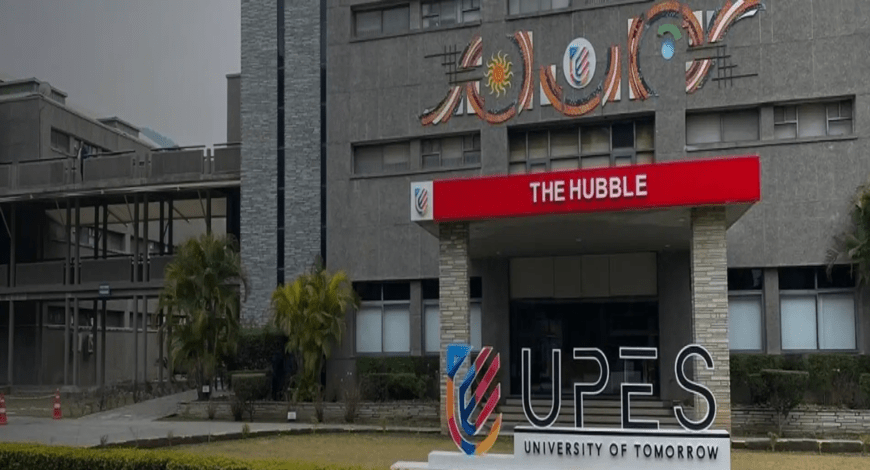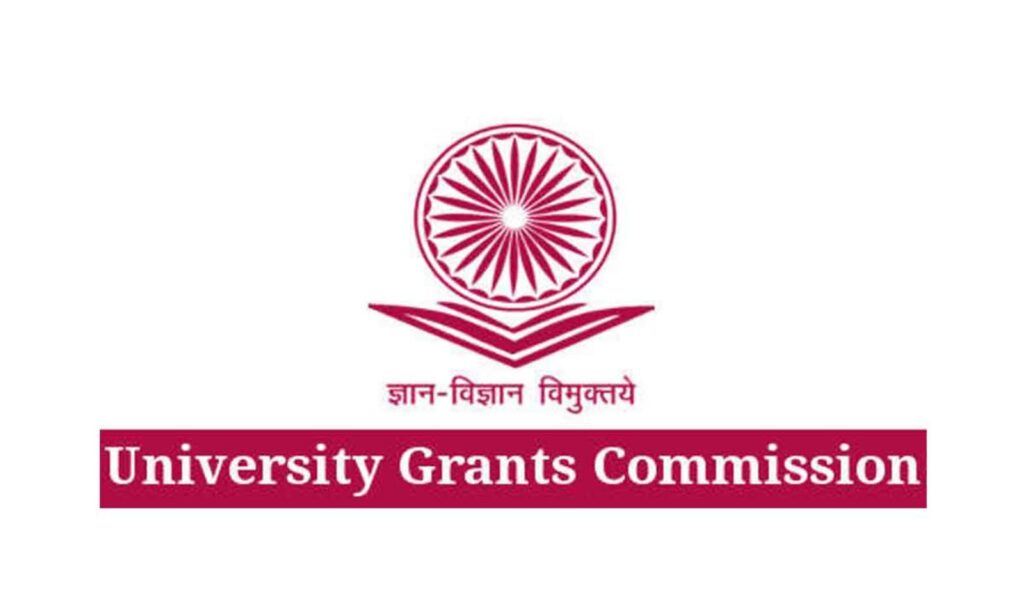With Kirori Mal College’s zoology and botany departments venturing into novel areas, Delhi University students will now be able to get training in hydroponics and aquaculture.
As a pilot project, KMC’s Zoology Department has set up a ‘Sustainable Aquaculture Centre’ and the botany department has set up a hydroponic lab to train students and teachers alike. Both the initiatives aim to generate jobs for students via startups and entrepreneurship.
First-year students, who are a part of the four-year undergraduate programme rolled out by the varsity this year, will be able to take these up as skill enhancement courses, a part of their curriculum under the National Education Policy (NEP), from the next semester, officials said.
According to college officials, the aquaculture centre has been set up using the ‘biofloc’ technology to pursue research as well as enhance skills of both students and teachers.
“This is a technology to produce a large amount of fish with very low amount of water, with minimum land area, and a low feeding cost. The most important thing is its high biosecurity. This can be one of the best skills for self-employment or job generation, with production of the most digestible protein for human consumption,” an official explained.
Highlighting the relevance of the two facilities, Vibha Singh Chauhan, principal of KMC, told TOI, “Hydroponics is something which has grown rapidly in the private sector as well. It involves growing fruits and vegetables without soil or water. Big companies regulate the temperature and so on. We have built a structure and two units where plants are being grown in small cups with nutrients. This has the potential to grow, and the idea is to skill students under the NEP, to enable them to start their own industries and startups. It will also help in inspiring them and keeping them well informed about this area.”
The aquaculture facility has been set up as part of the botanical garden which has been started inside the college by utilising a vacant piece of land, Chauhan said.
“For the aquaculture facility, not much water is used, and the nutrients are from fish waste. One can set it up in their backyard and cultivate fish. The water which is drained out is rich in nutrients and can be used to grow other plants. We want to expose students to these techniques so that even with a small capital they can utilise these anywhere. It can actually be undertaken by anyone — be it youths, women or retired people,” Chauhan said.



